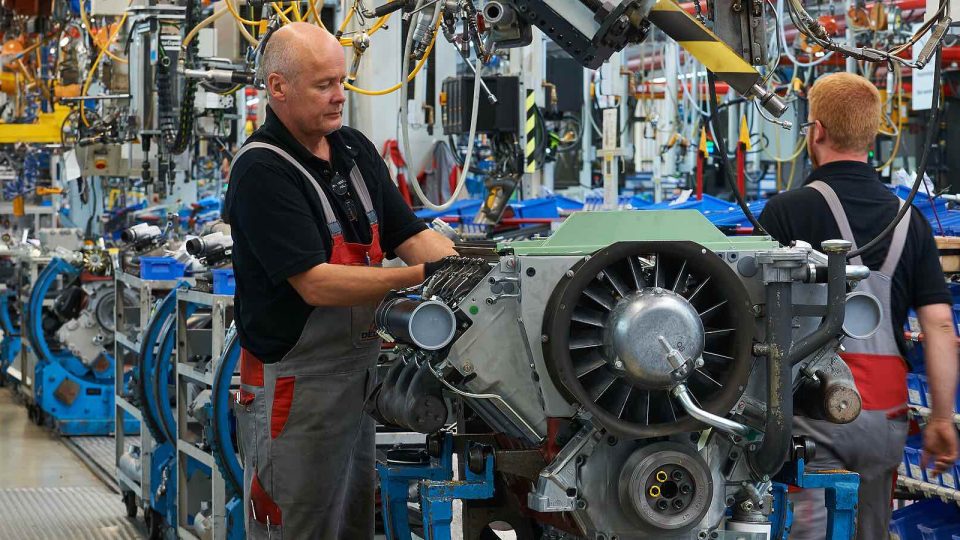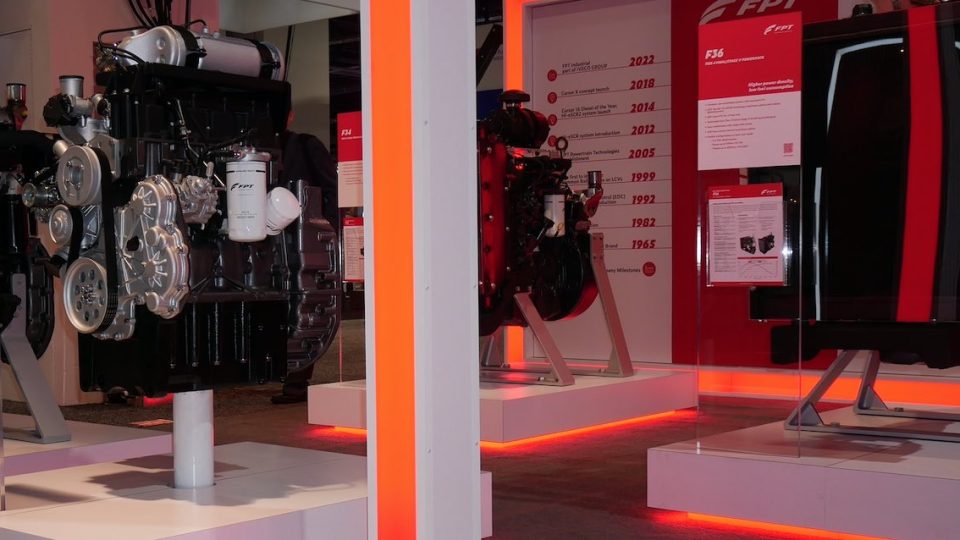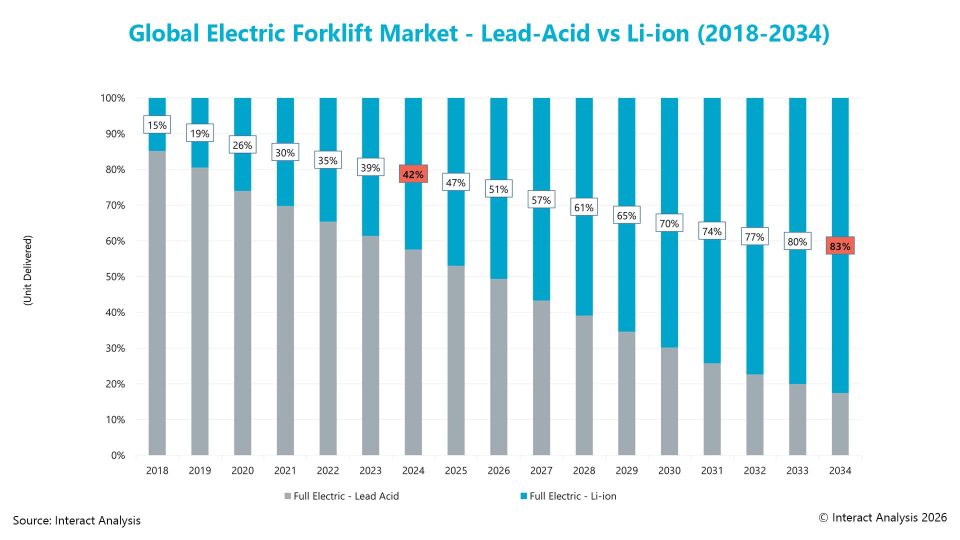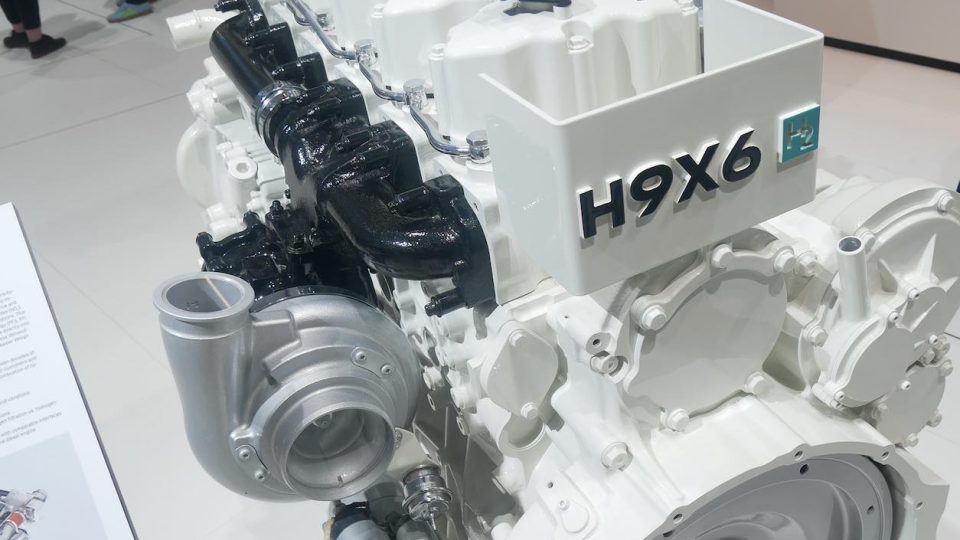Agritechnica and the alternative drive solutions
DLG at Agritechnica will focus on electric drives, that will have a profound impact on agricultural machinery dealerships

Agritechnica is exploring the future of alternative drive options in the agricultural sector. These solutions are beginning to emerge in the world of agricultural mechanization, despite some resistance from end-users. Which ones? We will find out in Hannover.
DLG is ready to show what an alternative means at Agritechnica
The DLG (German Agricultural Society) is offering a wide-ranging professional program and exclusive formats tailored to agricultural machinery dealers, all in Hall 2. In addition to established offerings such as Workshop Live showcasing live repairs and service work on real agricultural machines, registered dealers can be listed on the trade fair website and app. This makes it easier for customers and exhibitors to find them. New features include “Business Matchmaking,” which facilitates targeted connections between dealers and exhibitors, and the International Dealer Center. Dealer registration opens in early September.
Alternative fuels for combustion engines
For decades to come, many farms will continue to operate machines with combustion engines. To make machines and non-electrifiable applications more climate-friendly, alternative fuels are essential. Some can be used in existing vehicles. Biodiesel, HVO (hydrotreated vegetable oil), and e-fuels offer promising options for reducing CO₂ emissions quickly, though each comes with its own challenges regarding properties, availability, and storage.
Electrification
The introduction of electric vehicles in agriculture demands new skills from dealers and their teams. Dealerships will increasingly sell complete systems rather than just machines, requiring greater advisory expertise. Customers expect informed guidance on drive concepts, range, and operating costs. Dealers will also need to offer charging infrastructure.
Electric machines require different maintenance and diagnostics. With fewer mechanical parts and no motor oil, dealerships must find new revenue streams. Workshops will need new equipment, including insulated tools, battery safety protocols, and training in high-voltage technology.
Rapid technological change raises questions about whether current training programs can keep pace. The existing agricultural machinery technician curriculum must evolve to include electric drives. Sales staff also need further qualifications to advise customers on electric tractors and charging systems.
At Agritechnica alternative propulsion means also alternative business opportunities
The shift to electric machinery also opens up new service opportunities. Dealerships can expand their offerings to include charging infrastructure installation, photovoltaic consulting, and billing services. By becoming one-stop shops for agricultural electromobility, dealers can strengthen customer loyalty and position themselves as future-ready partners.







